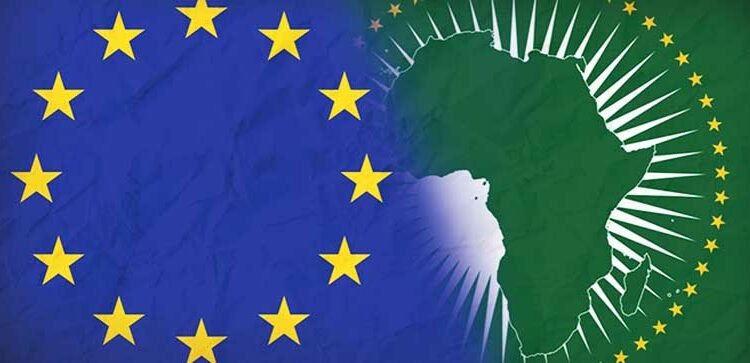As policy-makers gear up for a summit on 17-18 February 2022 where a new multi-year strategic agreement (2021-27) between the African Union (AU) and the European Union (EU) will be introduced, research universities sent a clear message that enhanced African-European university collaboration should be a key component of the agreement.
This message was highlighted at a virtual conference themed “Strengthening the African knowledge society: Towards more sustainable African-European university partnerships” on 22 November.
Participants included AU and EU policy-makers, as well as university leaders and scientists from both continents.
The keynote speakers and panel members contributing to the conference addressed several questions, including how public research universities can contribute more effectively to the emerging African knowledge society and what the need for more equitable African-European partnerships means for universities.
Embedded in these were also discussions about the growing commitment of the EU to fund African-European research and innovation collaboration and the need for African countries to increase their investments in research and development.
The conference was organised by the African Research Universities Alliance (ARUA), a network of 16 research universities, and the Guild of European Research-Intensive Universities (the Guild), which has 21 members.
The five key ideas and recommendations the participants at the conference put forward were to:
- Significantly strengthen intra-African research collaboration through major investments in clusters of excellence at African universities.
- Create synergies in research funding, which include:
– introducing the principle of matching national government funds to EU investments in research;
– stimulating effective couplings of EU funding instruments, especially Global Europe, Horizon Europe, and Erasmus+
– realising integral investments in research infrastructure.
- Support the development of strong continental research policy and funding institutions and agencies in Africa.
- Develop a valid continental science data base.
- Use and protect the open science principle in African-European research collaboration.
More: https://www.universityworldnews.com/post.php?story=20211125121118106

